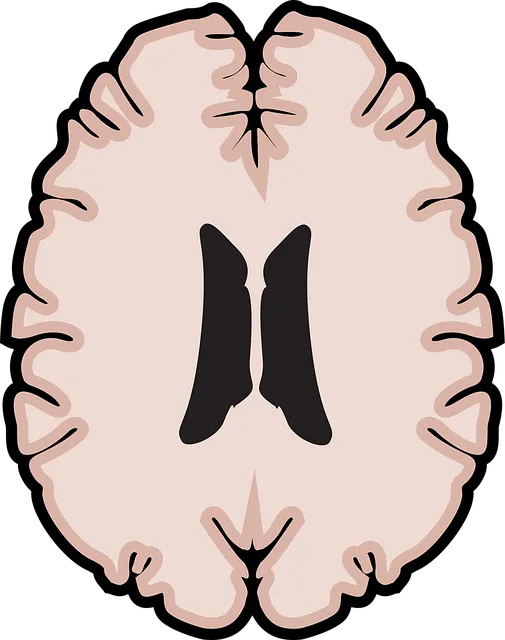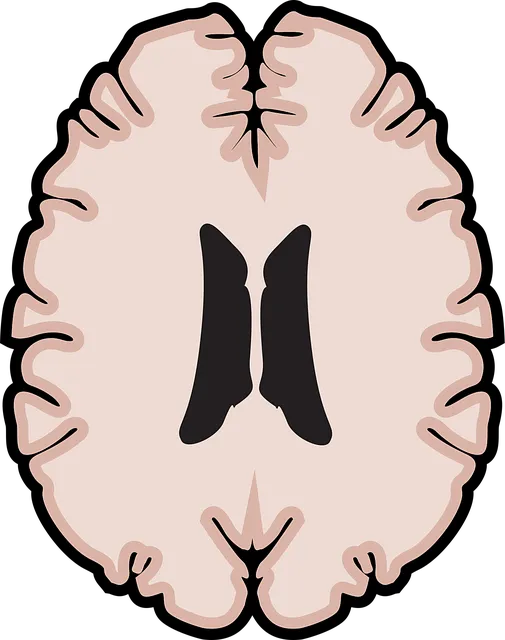The Centennial Kaiser Permanente mental health center promotes Mental Wellness Journaling as a powerful tool for cultivating self-awareness and enhancing mental health. Through structured prompts tailored to various life aspects, individuals reflect on their thoughts and emotions in a safe, private space. This practice fosters self-understanding, connects community members, and strengthens relationships by encouraging honest expression. Regular journaling improves emotional processing, identifies patterns, and develops coping strategies, ultimately supporting good mental health and personal growth. The center's Community Outreach Program and Trauma Support Services emphasize the transformative power of self-awareness exercises for overall well-being.
“Unwind and prioritize your mental wellness with the transformative power of journaling at Centennial Kaiser Permanente Mental Health Center. This article guides you through the practice, offering insights into how regular journaling can enhance emotional well-being.
From understanding its benefits to setting up a personalized journal and mastering effective techniques, we empower you to navigate your thoughts. Our experts share tips on integrating this practice into daily life, ensuring it becomes a powerful tool for self-care at the Centennial Kaiser Permanente mental health center.”
- Understanding Mental Wellness Journaling at Centennial Kaiser Permanente
- Benefits of Regular Journaling for Mental Health
- Setting Up Your Personalized Wellness Journal
- Effective Journaling Techniques and Exercises
- Integrating Journaling into Daily Routine: Tips from the Mental Health Experts
Understanding Mental Wellness Journaling at Centennial Kaiser Permanente

At Centennial Kaiser Permanente mental health center, Mental Wellness Journaling is recognized as a powerful tool for cultivating self-awareness and promoting mental health awareness among our diverse community. This simple yet profound practice encourages individuals to reflect on their thoughts, emotions, and experiences in a safe and private space. Through structured prompts tailored to various aspects of life—from relationships and work stress to personal goals and challenges—journaling helps users gain insights into their emotional states and triggers, fostering greater self-understanding.
The center’s commitment to mental wellness extends beyond individual therapy sessions. We also facilitate Community Outreach Program Implementation initiatives that promote journaling as a community-building exercise. By sharing safe spaces for reflection and expression, we aim to create a supportive environment where individuals can connect with their peers, share experiences, and learn from one another. This holistic approach underscores our belief in the transformative power of self-awareness exercises in enhancing mental health and overall well-being.
Benefits of Regular Journaling for Mental Health

Regular journaling has been shown to offer significant benefits for mental health, a notion recognized and promoted by institutions like the Centennial Kaiser Permanente Mental Health Center. By committing thoughts and feelings to paper, individuals engage in an act that fosters self-reflection and emotional processing—key components of Mind Over Matter principles. This practice allows one to gain clarity on their emotions, identify patterns, and develop strategies for coping with stress or challenging situations.
Journaling also serves as a valuable tool for empathy building strategies and social skills training. It encourages individuals to express themselves honestly, enhancing self-awareness and promoting personal growth. Through regular writing, people can improve their ability to articulate feelings, understand others’ perspectives, and build stronger connections with peers—all essential aspects of maintaining good mental health and fostering supportive relationships.
Setting Up Your Personalized Wellness Journal

Creating your own wellness journal is a powerful way to take charge of your mental health, much like the services offered by the Centennial Kaiser Permanente Mental Health Center. This personalized tool allows you to track your thoughts, emotions, and experiences in a safe and private space. Start by selecting a journal that feels right for you; it could be as simple or elaborate as you’d like. Consider adding sections for different aspects of your life, such as relationships, work, and personal goals. The Community Outreach Program Implementation at Kaiser Permanente emphasizes the importance of self-reflection, making this practice an excellent way to connect with yourself and foster resilience.
Don’t forget to incorporate a variety of prompts and questions to make journaling an engaging process. You can reflect on your daily experiences, set intentions for the day ahead, or simply write about what’s troubling you. The goal is to create a space where you feel comfortable expressing yourself without judgment. Just as Trauma Support Services within mental health centers provide safe spaces for healing, your journal will serve as a sanctuary for your thoughts and feelings.
Effective Journaling Techniques and Exercises

Journaling can be a powerful tool for exploring and enhancing mental wellness, as demonstrated by research at the Centennial Kaiser Permanente mental health center. Effective journaling techniques go beyond mere note-taking; they involve active engagement with one’s thoughts and emotions. One such technique is stream-of-consciousness writing, where individuals allow their thoughts to flow freely on the page without editing or structuring them. This practice can help uncover hidden patterns, triggers, or perspectives related to stress, anxiety, or even depression prevention strategies.
Additionally, structured journaling prompts can guide users towards self-awareness exercises and empathy building strategies. For instance, prompts might encourage individuals to reflect on their daily experiences, identify sources of joy, or express gratitude. Such practices have been shown to improve overall well-being and foster a deeper understanding of oneself and others. By incorporating these techniques, journaling becomes a dynamic process that supports personal growth and emotional resilience.
Integrating Journaling into Daily Routine: Tips from the Mental Health Experts

Integrating Journaling into your daily routine can be a powerful tool for mental wellness, as recommended by experts at the Centennial Kaiser Permanente Mental Health Center. Start small, dedicating just 15-20 minutes each day to this practice. Consistency is key; try journaling at the same time every day to establish a healthy habit. Before you begin, create a safe and comfortable space free from distractions.
Use your journal as a space for self-reflection and exploration. Write about your emotions, thoughts, and experiences without judgment. This practice can help in regulating mood, promoting inner strength development, and even boosting confidence over time. The Centennial Kaiser Permanente Mental Health Center encourages individuals to embrace this therapeutic tool, which has the potential to enhance overall well-being.
Mental wellness journaling, as practiced at Centennial Kaiser Permanente mental health center, offers a powerful tool for self-reflection and personal growth. By integrating regular journaling into daily routines, individuals can harness the numerous benefits, including improved emotional awareness, enhanced coping mechanisms, and increased resilience. Through setting up personalized journals and employing effective techniques, anyone can embark on a journey of introspection that fosters mental wellness. This practice, encouraged by mental health experts, underscores the importance of self-care and plays a pivotal role in navigating life’s challenges.






